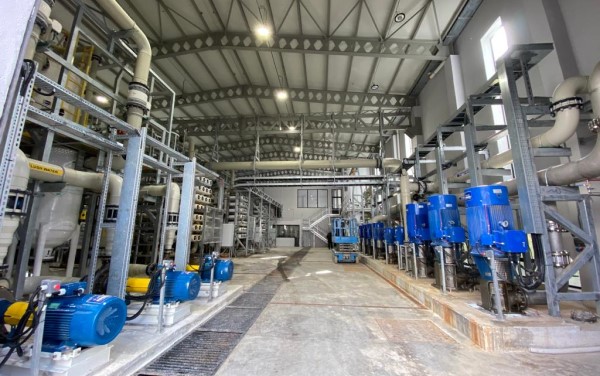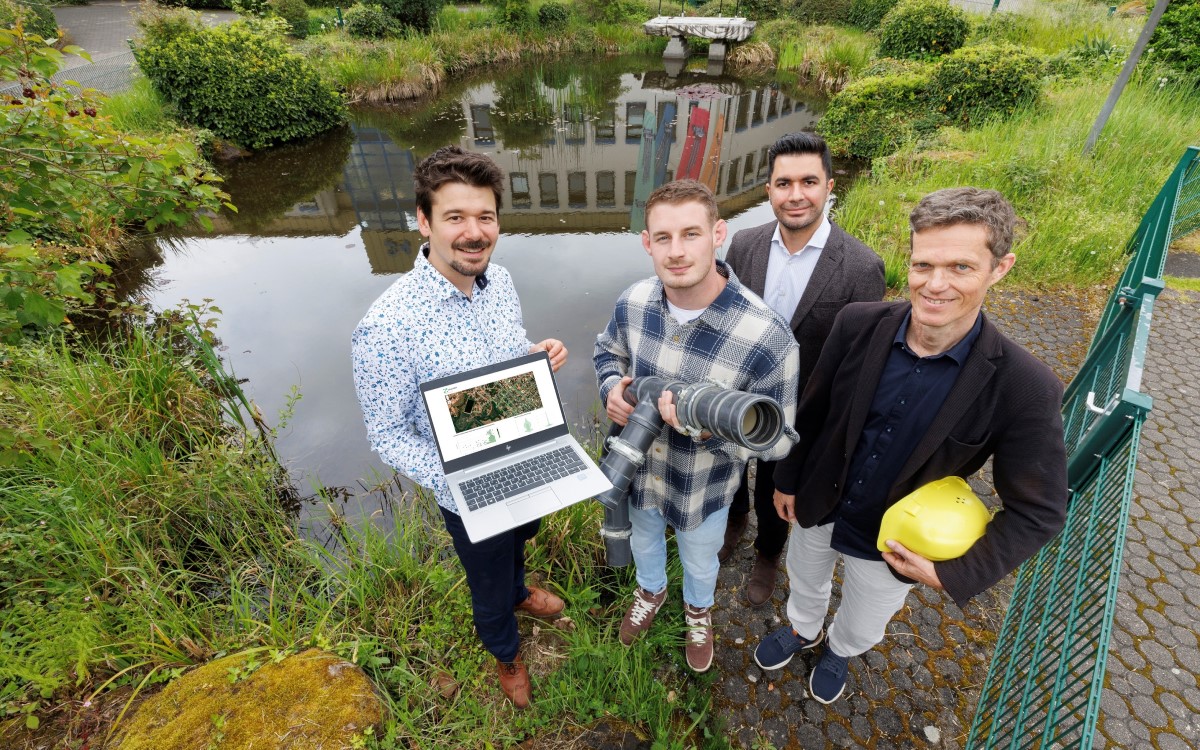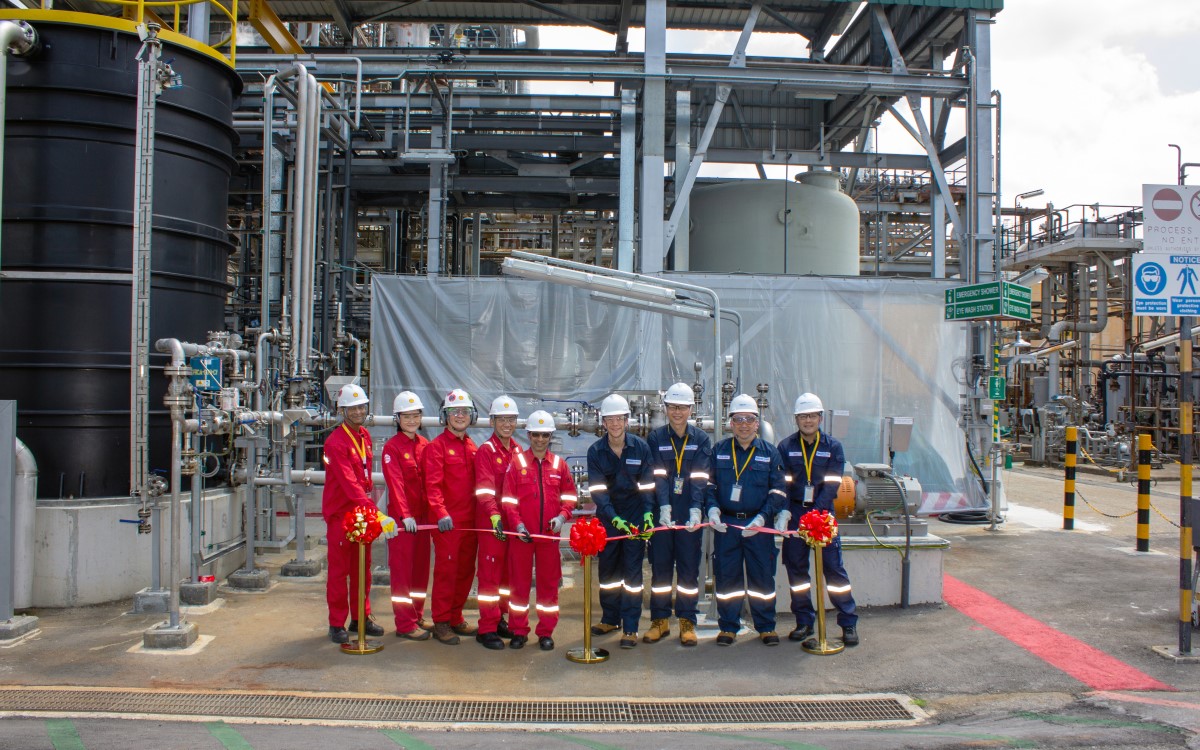February 9, 2023 ǀ An award-winning water development has enabled the Mediterranean island of Gozo to create an independent water supply.
As part of a €100 million program funded by the European Union to improve water quality across Malta, the Gozo project involves a self-contained flexible source of high-quality drinking water.
In need of additional water supplies
One of 21 islands that make up the Maltese archipelago, Gozo had historically depended on groundwater and a submarine pipeline sending water from Malta.
Urgently needing to create additional water supplies to handle peak seasonal demand from tourism, the government of Malta commissioned the €10 million Hondoq plant, which uses seawater reverse osmosis (SWRO) to produce 9,000 m3/day and fulfil the demand of over three million cubic meters per year.
The development is part of Maltese Water Services Corporation’s (WSC) drive to become a ‘Net Zero Impact Utility’. Both AST and ROTEC by WFI Group combined to deliver the plant with best available technologies, in collaboration with the Israeli National Water Company, Mekorot.
Enhancing the quality of drinking water
Unique to the project, the teams had to construct the new modern facility while working on the existing building, according to local preservation and restoration guidelines. The renovation was undertaken with a local architect and sub-contractor.
To accommodate Gozo island’s water needs, WSC has set out goals for its water supply:
- To achieve drinking water autonomy with high efficiency and redundancy
- To enhance the quality of the drinking water
- To serve both the Gozo and Malta islands with a fresh and steady water supply
WSC said the “historic” project is “one of the most efficient in the world” and the first “reverse osmosis project in Gozo that will give autonomy” to the island’s water production.
Boaz Shitzer, CEO of AST & ROTEC, said: “Malta’s Ministry of the Environment wanted to maintain the positioning of green desalination in the Hondoq Bay, with minimum impact on the environment. As a result, environmental protection measures were at the core of the project strategy and execution.”
Such environmental reduction measures included designing and building a special HDPE pipe under the seabed using horizontal directional drilling. As a result, brine is discharged to the sea 350 meters from the plant, without affecting seawater vegetation and with minimal impact on the existing structure.
More water reuse for agriculture
In addition, the plant incorporates a double-pass process design that can be implemented at a later stage to meet World Health Organisation (WHO) and European standards for boron removal to levels beyond the local regulations. This will also allow more water reuse for agriculture, while minimising impact on the environment.
Shitzer added: “AST’s winning bid against several companies was based on low total water production cost, together with low energy consumption and near zero chemicals, due to advanced technologies and methods. WSC’s strategy included using off-peak hours production. The plant operates at hours with low demand in Gozo and transfers water back to Malta, improving overall efficiency of the water supply grid.”
Furthermore, remote plant control is handled from WSC’s main operation centre in Shirakawa, Malta. The plant uses automation tools based on Artificial Intelligence (AI) software to enable updating, monitoring of performance and use of predictive maintenance trends to control the aging performance of SWRO pumps and membranes.
WSC recently won an “Industrial Excellence Award 2022” for the Gozo plant for development of the best engineered project by the Malta Engineering Excellence Awards.







